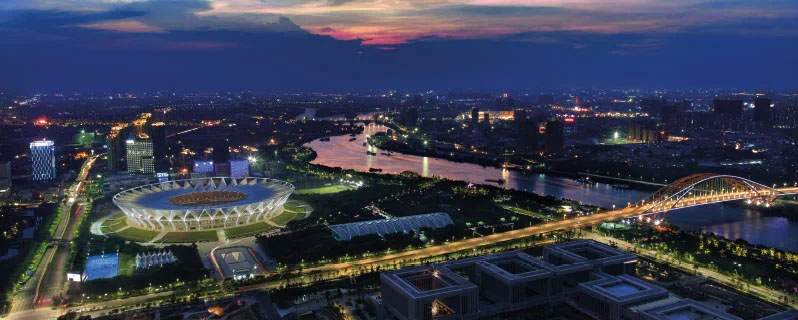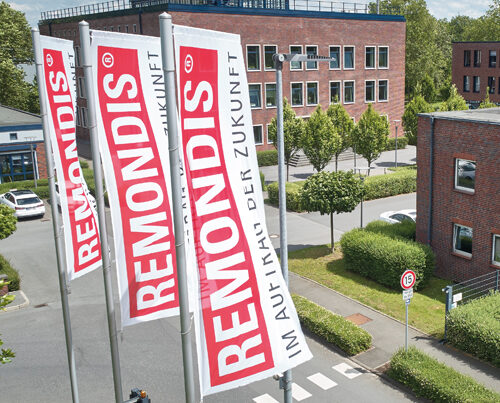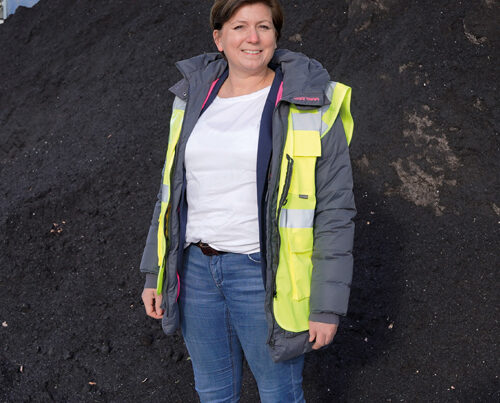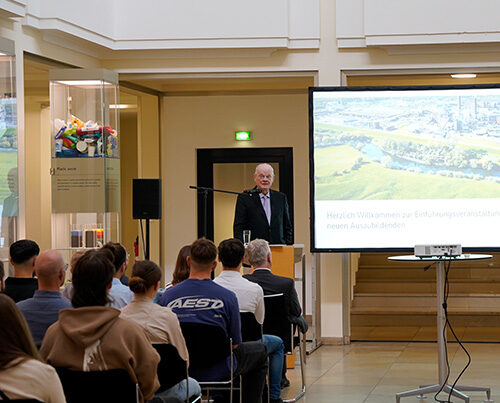Focusing on industrial waste
With environmental awareness continuously growing in the People‘s Republic of China, REMONDIS has gradually been expanding its business commitments in this emerging Asian market. Priority here has been on transferring its know-how and setting up sufficient plant capacities – primarily for industrial waste as well as recycling and end-of-pipe solutions.
Environmental protection is becoming increasingly important
For years now, China’s economy has enjoyed a rate of growth that is far beyond the average. And, even if this growth has lost some of its momentum, the economy is still expanding much faster than in other countries. This development has led to improved living standards across the country which in turn is resulting in an ever increasing number of Chinese people expecting more to be done to protect the environment. For the third time running, therefore, the Chin-ese government has put environmental issues at the top of its list of priorities in its 5-year plan and indicated that it will be investing more money in this area.
In principle, there are two main sectors in China: the public sector (dominated for the most part by the State) and the industrial sector. Since entering the market in 2009, REMONDIS has focused its Chinese operations on providing professional solutions for treating industrial waste. The problem here is that whilst there are sufficient rules and regulations, the infrastructure needed to fulfil them is not in place yet. The country not only has too few recycling facilities, it also lacks hazardous waste incineration plants and landfills.
Providing experience and know-how
Right from the very start, REMONDIS’ intention has been to transfer its know-how to China. The company believes it has two main tasks here. On the one hand, it aims to provide the Government and its representatives with professional advice – for example on modern recycling techniques and the advantages of setting up smart schemes that enable waste to be collected separately. On the other, REMONDIS offers tangible support, planning and building plants and facilities.
With the primary goal being to recycle waste, a number of facilities have already been built by REMONDIS including plants to recycle solvents and to produce refuse derived fuels. Besides these though, the country urgently needs more incineration plants and landfills for handling its non-recyclable waste.
Cooperation in a south Chinese industrial region
The latest project in the City of Foshan is a good example of an end-of-pipe solution. This city in the south of China is home to several million people and is situated not far from Hong Kong and Macao in a vibrant economic region with many industrial businesses. Together with its local partner Grandblue Environment Co. Ltd., REMONDIS is currently in the process of planning and building a hazardous waste centre with an incineration plant, an emulsion treatment facility, a plant for processing electroplating sludge, a tank farm and a hazardous waste landfill. The cooperation agreement was signed by both companies on 13 July in the presence of Li Keqiang, Minister President of the People’s Republic of China, and Jean-Claude Juncker, President of the European Commission.

REMONDIS currently has four business locations in the People‘s Republic of China – in Shanghai, Changchun, Chongqing and Foshan
Facilities located in two districts of Foshan
The project in Foshan covers the development of two sites situated in the districts of Sanshui and Nanhai. REMONDIS’ partner, Grandblue Environment, already operates a landfill for household waste in Sanshui. This site is to be extended to include a further processing plant that will be able to solidify, stabilise and prepare around 30,000 tonnes of industrial waste every year so that it can be sent to landfill.
Building work is to be carried out in Nanhai to set up the new “Foshan Green Industrial Service Center” which is to operate a variety of facilities including a WIP for household waste, a plant to treat electroplating sludge, a chemical-physical processing plant as well as a waste transfer station. According to the plans, this centre should be able to handle a total of 85,000 tonnes of material every year. Both locations are due to be up and running by the middle of 2019.

Foshan is home to a large number of industrial businesses operating, for example, in the automobile, chemical, metal, steel and pharmacy sectors
Image credits: image 1: iStock: 9comeback; image 2: © REMONDIS












